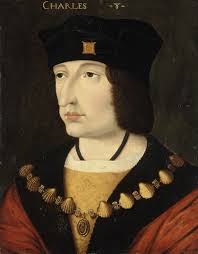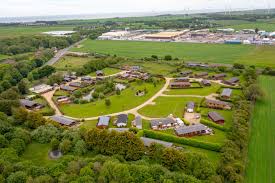The Significance of King Charles and His Reign

Introduction
The ascension of King Charles III to the British throne marks a pivotal moment in the history of the United Kingdom. Following the passing of Queen Elizabeth II, King Charles has taken on the responsibilities of monarchy in a rapidly changing world. This brief overview explores the significance of his reign and the initiatives he has embarked upon to modernise the monarchy and address pressing issues facing society.
King Charles’ Early Life and Ascension
Born on November 14, 1948, Charles Philip Arthur George was the first child of Queen Elizabeth II and Prince Philip. His upbringing was steeped in royal tradition, and he undertook a rigorous education, attending Gordonstoun School and later the University of Cambridge. After serving in the Royal Navy, Charles dedicated his life to charitable work, founding the Prince’s Trust in 1976, which has since supported thousands of young people in the UK.
On September 8, 2022, after the death of his mother, Charles was proclaimed King Charles III. His coronation is set to further formalise his role and is expected to take place in 2023, signalling the beginning of a new chapter for the monarchy.
Modernising the Monarchy
In his role as king, Charles has expressed a commitment to adapt the monarchy to contemporary society. He has been vocal about climate change, sustainability, and social issues, often integrating these themes into his public engagements. His dedication to environmental causes is evident in initiatives such as The Prince’s Trust and projects aimed at promoting organic farming and conservation.
Additionally, King Charles has indicated a desire to streamline the monarchy—one of his first acts was to reduce the number of working royals and their royal engagements, thereby focusing on quality over quantity. This approach aims to refresh the public image of the monarchy and foster greater connectivity with the younger generation.
Public Reception and Global Impact
The public’s reception of King Charles has been mixed but generally positive, especially among those who appreciate his progressive views. Polls suggest that many see him as a modern, relatable king who understands the issues affecting daily life in the UK. His initiatives on mental health and youth empowerment mirror societal aspirations for a more compassionate leadership.
Conclusion
As King Charles III steps into his role, he faces the challenge of carrying forward the legacy of his mother’s reign while making the monarchy relevant in today’s world. His commitment to modernisation and addressing critical social issues could redefine perceptions of the royal family in the UK and beyond. Observers anticipate that his reign will be characterised by both evolving traditions and a strong focus on community engagement. The world watches as he lays the groundwork for a future marked by progress and relevance for the British monarchy.









